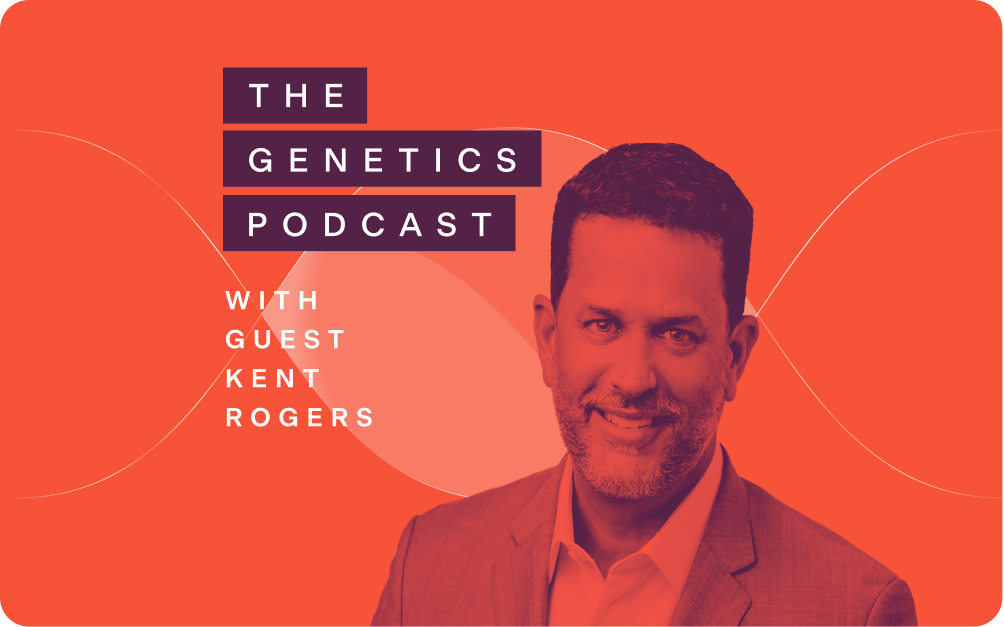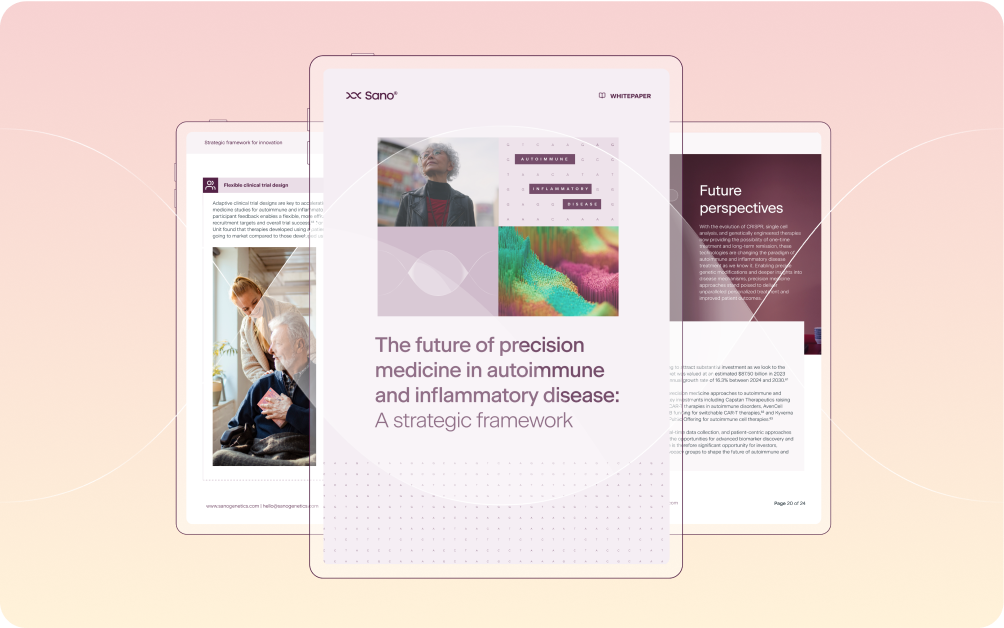Clinical research blog
Explore our blog for insights into the big questions in precision medicine and clinical research.
Despite continued progress in rare disease research, only 5% of rare diseases have an FDA-approved treatment, leaving many patients with limited therapeutic options and delayed access to trials. One of the most persistent challenges in orphan drug development is identifying and reaching eligible patients, particularly given the small and geographically dispersed populations involved. Traditional site models and recruitment strategies are frequently insufficient and impractical in these settings. However, recent advances in AI, genetic screening, and flexible site activation models are creating new opportunities to improve both reach and speed.
While there have been significant strides in the development of drugs for rare diseases over the past few decades, only 5% of rare diseases have FDA-approved treatments. This scarcity of orphan drugs – defined as medications that treat rare diseases that affect less than 200,000 individuals in the US – leaves many patients waiting years for life-saving treatments. Orphan drug development is hampered by various challenges, such as business concerns over pricing and demand, small patient populations limiting clinical trials, and complex regulatory pathways that slow down approval.
In the most recent episode of The Genetics Podcast, Patrick speaks with Dr. Madhuri Hegde, SVP and Chief Scientific Officer at Revvity. Madhuri’s work has helped shape how genetic technologies, from next-gen sequencing to mass spectrometry, are applied in clinical practice around the world. Their conversation covers the evolution of newborn screening, the promise of whole genome sequencing at birth, and the infrastructure needed to make this work on a global scale.
In a recent episode of The Genetics Podcast, Patrick Short sits down with Dr. Euan Ashley, Chair of Medicine at Stanford University, author of The Genome Odyssey, and co-founder of various biotech companies. Euan’s work ranges across ultra-rapid genome sequencing, generative AI for drug development, and even the molecular basis of elite athletic performance.
In a recent episode of The Genetics Podcast, Patrick spoke with Kent Rogers, CEO of EveryONE Medicines, about the future of individualized medicines, especially in ultra-rare diseases. With over 30 years in the pharmaceutical and healthcare sectors, spanning big pharma, payers, biotech, and venture capital, Kent shared how his experience has positioned him to take on one of medicine’s most urgent and complicated challenges: developing scalable treatments for conditions that affect only a handful of patients worldwide.
Precision medicine has the potential to transform how we understand and treat autoimmune and inflammatory diseases, but only if we can align innovation with infrastructure.
Here, we outline a strategic framework designed to help pharma and biotech leaders navigate the evolution of autoimmune and inflammatory disease treatment. From integrated data ecosystems and cross-disciplinary partnerships to smarter clinical trial design and equitable access models, we explore the foundational steps needed to bring precision medicine into real-world care for these complex immune conditions.
The way we treat autoimmune and inflammatory diseases is undergoing a fundamental shift. With advances in tools like CRISPR, single-cell analysis, and genetically engineered therapies, we’re entering an era where one-time treatments and long-term remission are no longer just goals, they’re real possibilities.
Podcast recap: Matt Burgess on genetic counseling, ethics in rare disease, and demystifying genetics
In the most recent episode of The Genetics Podcast, Patrick sits down with fellow podcaster and genetic counselor Matt Burgess. Matt is the host of Demystifying Genetics, a show that aims to make genetic science and counseling more approachable. Together, they explore Matt’s journey in clinical genetics, the changing role of genetic counselors, and the ethical issues around topics like gene therapy for ultra-rare conditions.
Treating autoimmune and inflammatory diseases has long relied on broad-spectrum drugs that suppress the immune systems. While these medications can be effective, they often act as blunt tools, leading to serious side effects such as increased risk of infections, long-term organ damage, and reduced quality of life. In this post, we explore how new therapies, from biologics and small molecule inhibitors to emerging CAR-T cell treatments, could be the future of treatment. We also examine the gaps still holding precision medicine back.
Despite growing momentum behind precision medicine, autoimmune and inflammatory diseases remain some of the most underserved areas in healthcare. Affecting an estimated 1 in 10 people globally, these conditions, from lupus and rheumatoid arthritis to Crohn’s disease and atopic dermatitis, are highly heterogeneous, notoriously complex, and often poorly understood at the molecular level.




.png)





